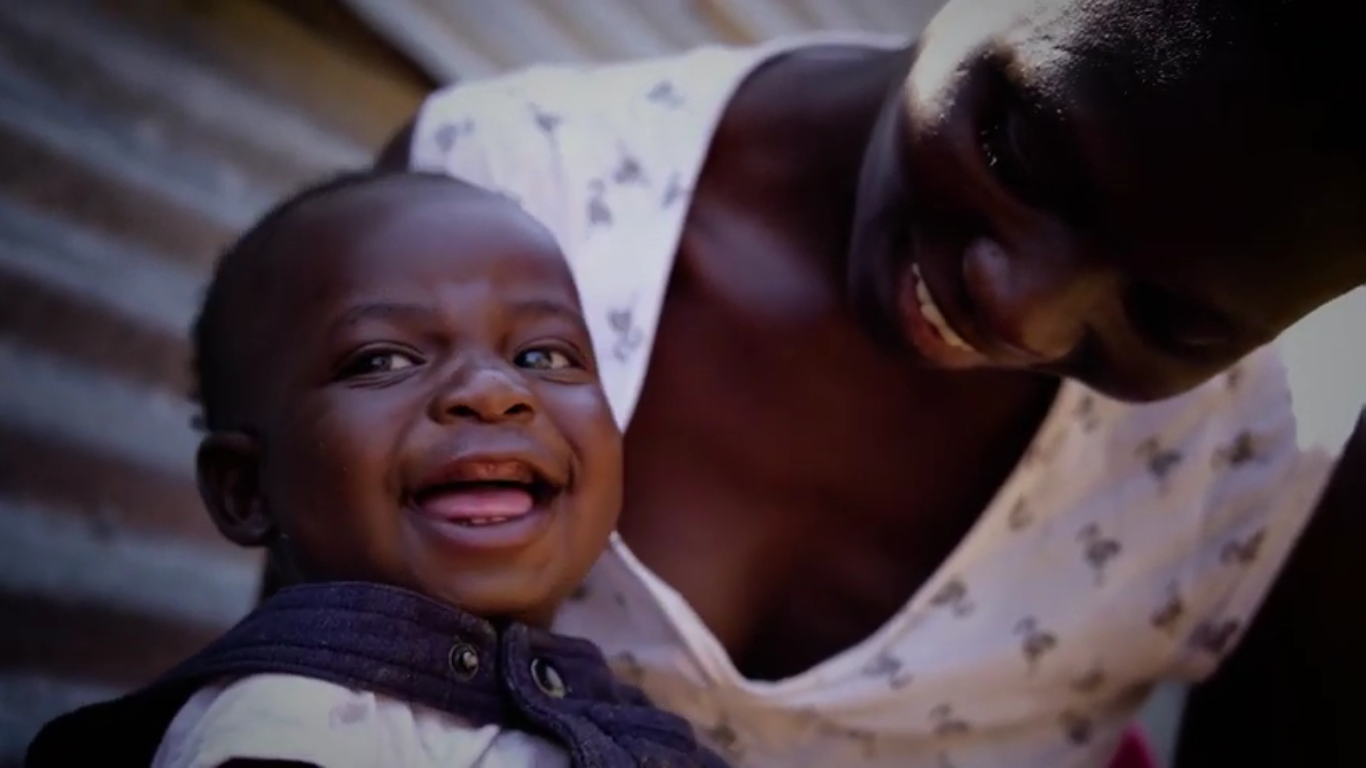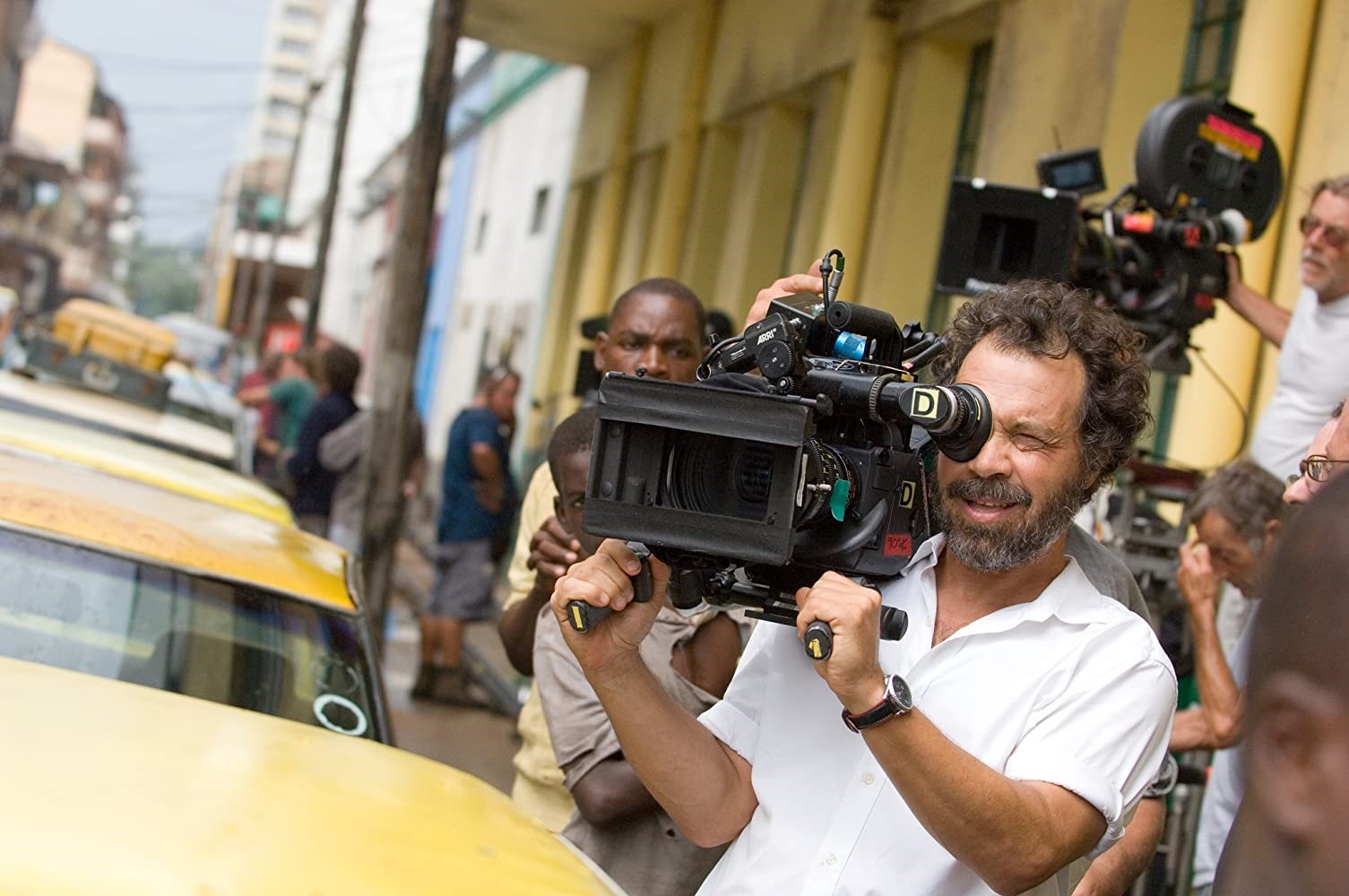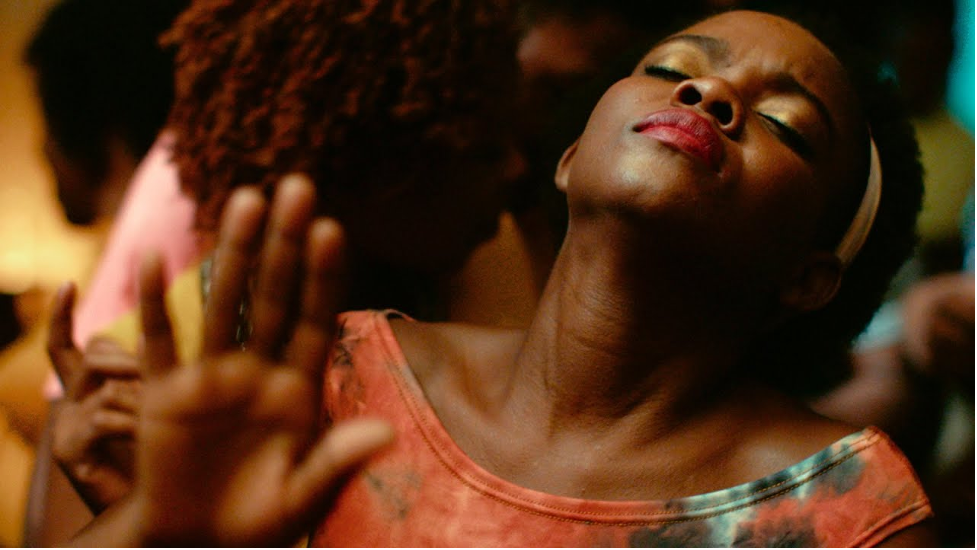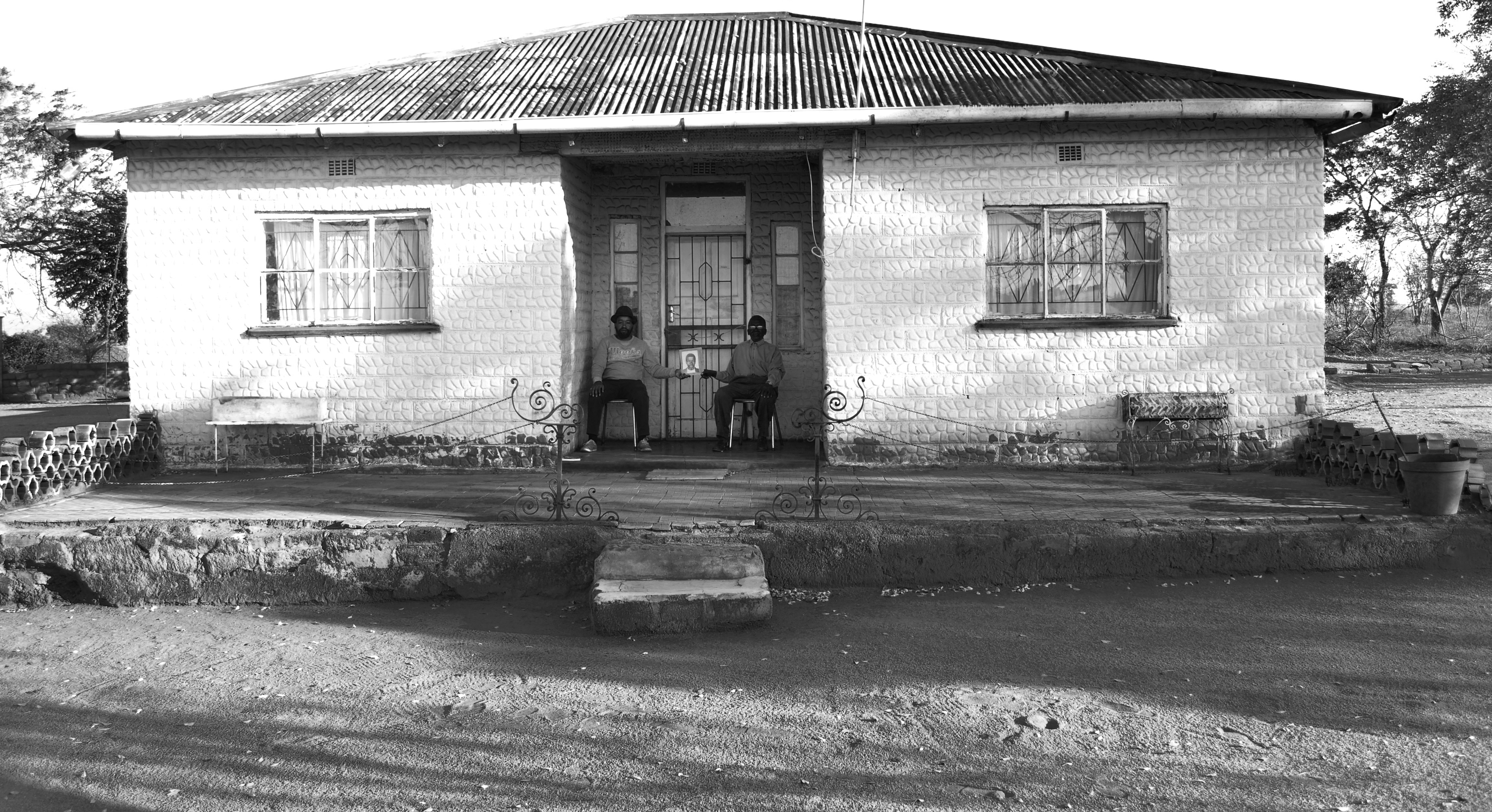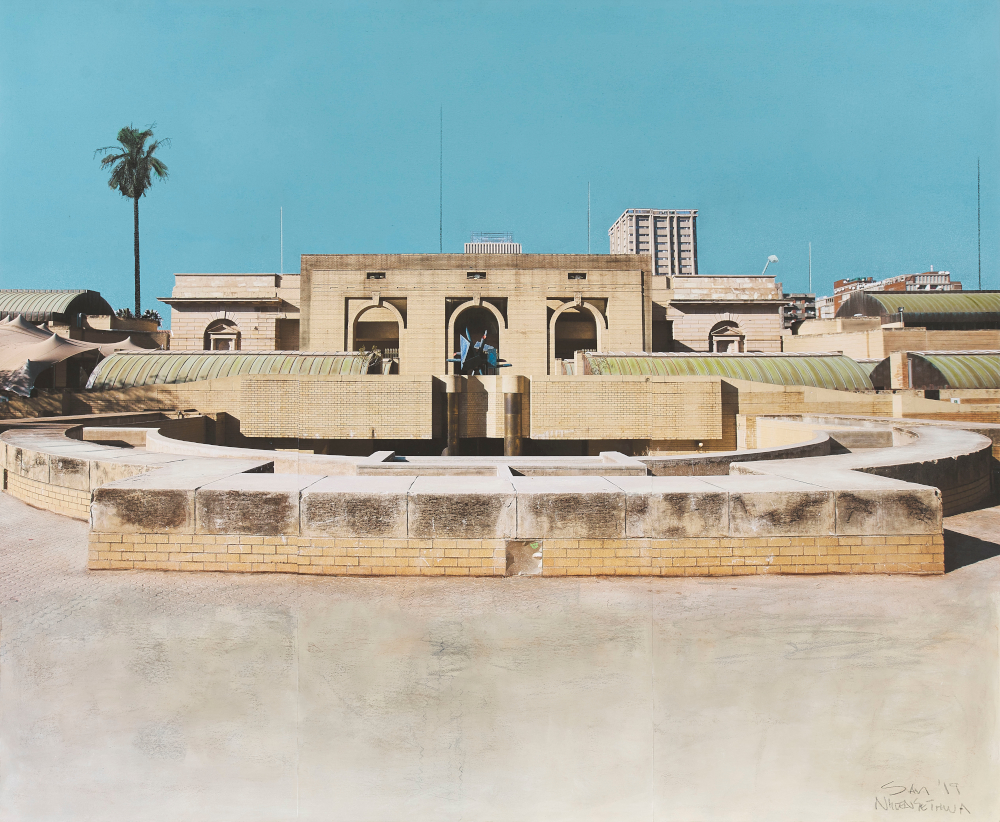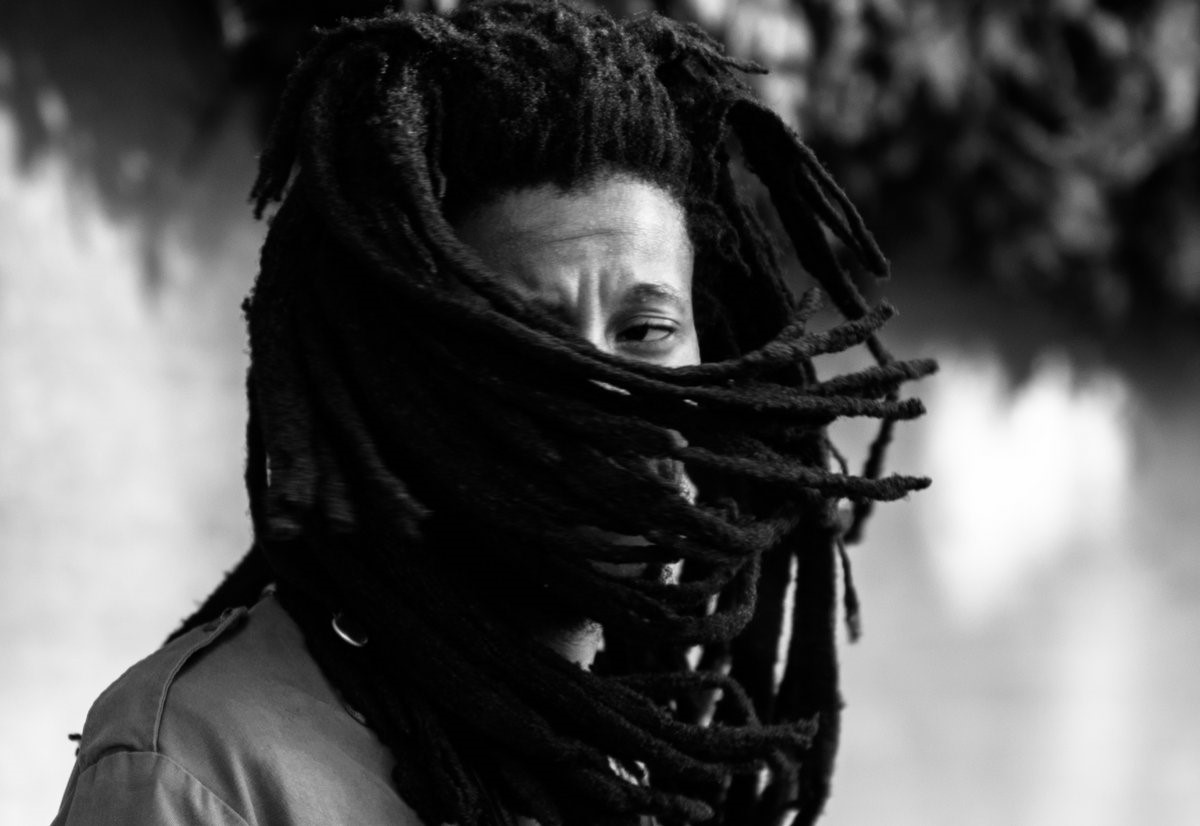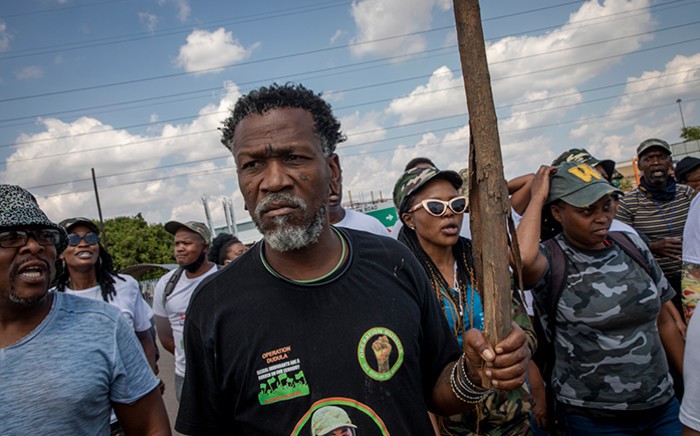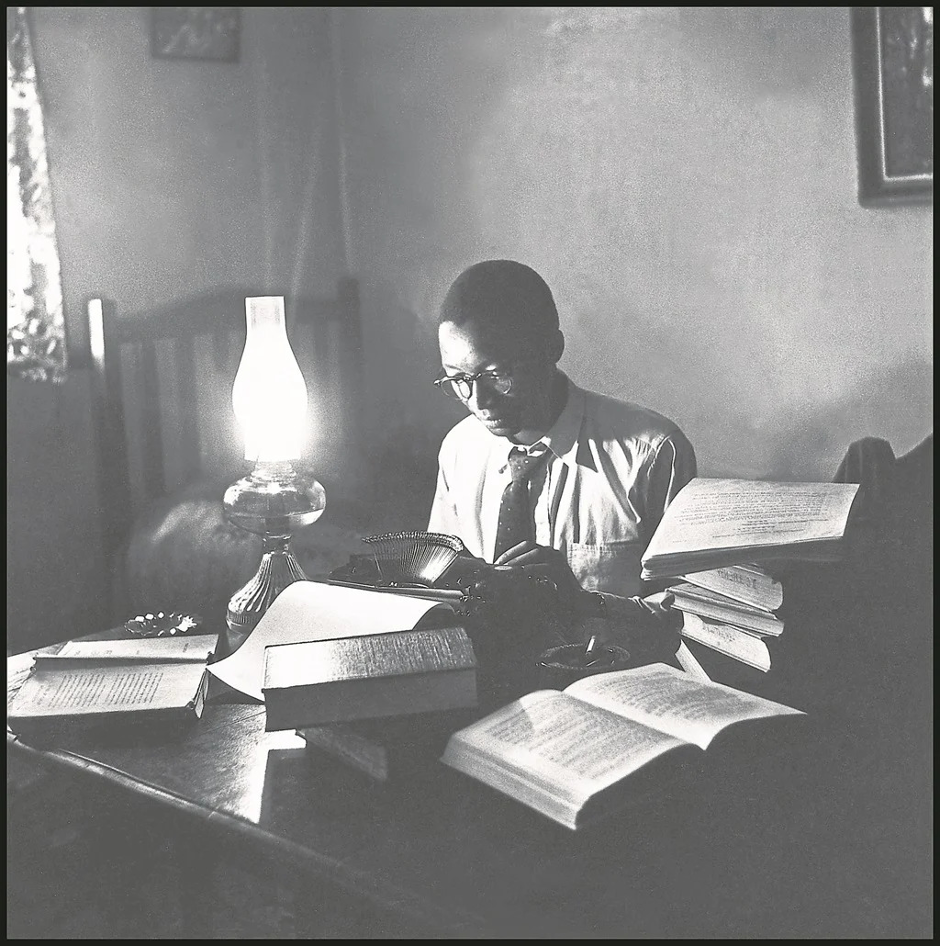The Food Series are 10 documentary short films themed on South Africa’s hunger crisis. The series is produced by Anita Khanna and Rehad Desai who have collaborated on acclaimed documentaries, Miners Shot Down, Everything Must Fall, and How To Steal A Country.
The first three episodes explore a community food relief in Eldorado Park, an activism network in various neighbourhoods in Cape Town, and informal traders in Johannesburg.
In the fourth, prominent activist Shaeera Kalla uncovers the silent struggles of a community of migrant women in her directorial debut. Hunger: A Silent Pandemic is set in Spruit, an informal settlement of 30 000 people (mostly migrants) in Pretoria.
“Mama, give us some food”
Zimbabwean residents, Dorcas Pavari and Sara Mwareni, are interviewed on the effects of the lockdown on access to food. They spend R20 each day on food for a family of four, which the documentary reveals is only 20% of the amount needed to meet the Basic Nutritional Food Index.
“The cost of food is now at the highest level ever seen,” cautions the documentary while displaying Precious Nkosi cooking on a wooden fire. In this community, women bear the responsibility to address the hunger crisis.
“Mama, give us some food,” recounts Mwareni. “You will not be having anything to give them. So I try by all means to give them the little that I can get.”
“The difficulties that I am having now is first, I would say, taking care of the kids,” Pavari concurs. “I am not even able to care for myself”.
The documentary reveals that the National School Nutrition Programme had been cancelled, worsening the food crisis. “I have to beg,” Mwareni states, referring to peddling on the roadside or at traffic lights. “No one was going to work during the lockdown and there was no way to get food.”
But still, even peddling for money is difficult. Nkosi explains that due to the lockdown, authorities wanted people away from traffic lights. “When we see the car for police, we run away”

Some are less equal than others
The documentary visualises life in Spruit, from women cleaning their children in a tub, cooking, or collecting water. Spruit is located next to a waste dump. On screen, we see makeshift homes, wood fires and nearby waste. The camera is not shy to show us the conditions migrant women are subjected to live in and the various ways they find livelihood. Also prominent in the documentary are the lives of the young children, shown in their mothers arms, smiling, swaying or moving about. These are not just subjects of the documentary. They are people, who strife and overcome -- who are affected by government inaction, poverty and hunger.
Mwareni and Pavoro take the audience through aspects of their lives, showing us how they prepare food, some of which they sell. Mwareni shows us how she prepares vegetables and Pavoro sells doughnuts. They also share their views on social issues and living, especially that everyone should have access to basic needs. They also believe people should have access to choices to improve their lives
Pavoro compares Africa’s unfulfilled independence to George Orwell’s Animal Farm wherein animals made promises of liberation, but after kicking out the people and taking over the farm, those promises were not kept.

From Eldorado to Khayelitsha
These struggles are not unique to Spruit. Previous episodes of The Food Series, directed by Rehad Desai (Episode 1), Leanne Brady & Dylan Valley (Episode 2), and Premilla Murcott (Episode 3), reveal the national scale of the food crisis.
The first episode, Feeding Five Thousand, documents the difficulties of the lockdown in Eldorado Park. The lockdown becomes a source of conflict for residents who are forced indoors, must choose between buying food or masks, and lose access to work -- and therefore, food.
We see how community activists, such as Cheryl Pillay organise the Eldorado Park Covid-19 Disaster Forum to distribute food packs to feed families for up to ten days. Their programme brought various stakeholders together to give out 5 800 food parcels between March and July 2020, whie the government had only delivered 400. This episode explains how this food programme remains sustainable, engages with their community and practices.
Ultimately, community activists believe that addressing hunger is the first step to addressing a variety of social issues, because once people see they can eat, they can believe solutions are possible. The documentary shows various mutual aid initiatives, such as a community home, a food garden and a community kitchen.
The second episode, Cape Town Together, focuses on community initiatives in varying Cape Town neighbourhoods. These groups, called CANs, are a self-organised network or community organisers, social activist and public health practitioners. We’re taken through how these CANs organise via online meetings and develop ways to address the effects of the lockdown and access to water and food.
The documentary explores how the CANs try to organise without pyramid structures, including community activists from the township of Langa to the suburb of Mowbray. After organising mostly online, the CANs come together for a physical meeting bringing their various communities together to address inequalities in Cape Town. The idea is to form networks, pool resources, share ideas and provide support.
CANs have organised community initiatives, such as food gardens. There are 20 000 people involved in 170 CANs. There have also been some victories, such as the Khayelitsha CAN members successfully pressuring the Cape Town government to deliver water to Monwabisi Park in March 2020.
The third episode, Surviving Lockdown, is about informal traders in Johannesburg. The lockdown has slowed down their trade, reducing stock and dropping prices. Informal traders narrate that even before the lockdown, the government does not assist them. During the lockdown, many street vendors were shut down due to the lockdown, while large businesses were allowed to continue operating. An informal trader explains that some stock was seized. This is the unfairness that the documentary explores.
It does also take us into the operations of informal traders, revealing how they operate their businesses at taxi ranks. They want the government to give more support to small businesses. This is a view shared by their customers. They explain how street vending helps them improve their lives.

Beasts of Hunger
This series spotlights the hunger crisis affecting multiple South African communities. Across all episodes, there are common themes of government inadequacy and community organisation. There is also a sense that despite these efforts, much more needs to be done.
Hunger: A Silent Pandemic ends with reference to an anthem from Animal Farm, Beast of England. In this song, the revolutionary pig Old Major dreams about a place of freedom -- a golden future time. It is this vision and the Major’s death which stir the animals to rebellion. In ending with this song, the documentary reminds us, as Major reminded the animals on the farm, that there is still yet an unfulfilled revolution:
“Beasts of England, Beasts of Ireland,
Beasts of every land and clime,
Hearken to my joyful tidings
Of the Golden future time.
Soon or late the day is coming,
Tyrant Man shall be overthrown,
And the fruitful fields of England
Shall be trod by beasts alone.”

